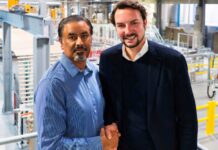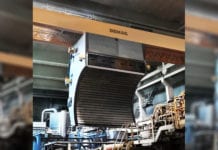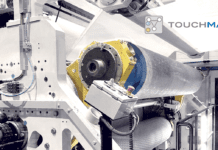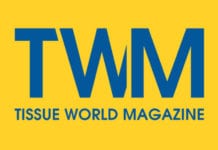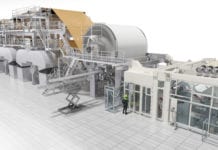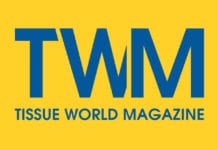(News from RISI) The Spanish tissue specialist Gomá-Camps is no longer part of AMS Gomá-Camps in Portugal.
The firm said it signed an agreement ceasing its involvement with the Portuguese tissue producer and converter at the beginning of the month.
Gomá-Camps did not reveal the reasons for the decision to leave the ownership structure of AMS Gomá-Camps.
AMS Gomá-Camps was founded as AMS – Papermill & Converting in July 2007.
The following year saw the firm sign an agreement with the city council for the installation of a tissue production and converting site in Vila Velha de Ródão and close the machine and converting lines’ purchase contracts.
In December 2008, AMS – Papermill & Converting entered into a strategic partnership with Gomá-Camps and changed its name to AMS Gomá-Camps.
In January 2009, AMS Gomá-Camps kicked off the construction work on the new facility.
In August of the same year, the Euro 50 million ($69 million) investment was brought on stream.
According to RISI’s Mill Asset Database, AMS Gomá-Camps has a capacity of 33,000tpy of tissue and Gomá-Camps’ share in the firm amounted to 35%.
Gomá-Camps remains active in Portugal through its subsidiary Gomá-Camps Portugal, which was established in 1995 and specialises in industrial products and napkins.
Gomá-Camps Portugal is located in Constância, operates 14 converting lines and employs 60 people.
Growth in Angola: Elsewhere, Gomá-Camps is continuing its strategy to grow beyond the Iberian and French markets.
The firm has chosen North Africa for this purpose, as it expects tissue demand in the region to grow significantly.
Already back in 2009, Gomá-Camps Angola was established as a commercial subsidiary of Gomá-Camps Portugal.
The company has its head office in Luanda. At the end of last year, it consisted of a team of six people and generated a turnover of around Euro 1.6 million.
Since earlier this year, Gomá-Camps Angola has also been active in the tissue converting sector in the country.
The company started its first two napkin machines in late January and currently produces 1-, 2- and 3-ply 33 x 33 and 44 x 44 napkins and packaging formats.






















